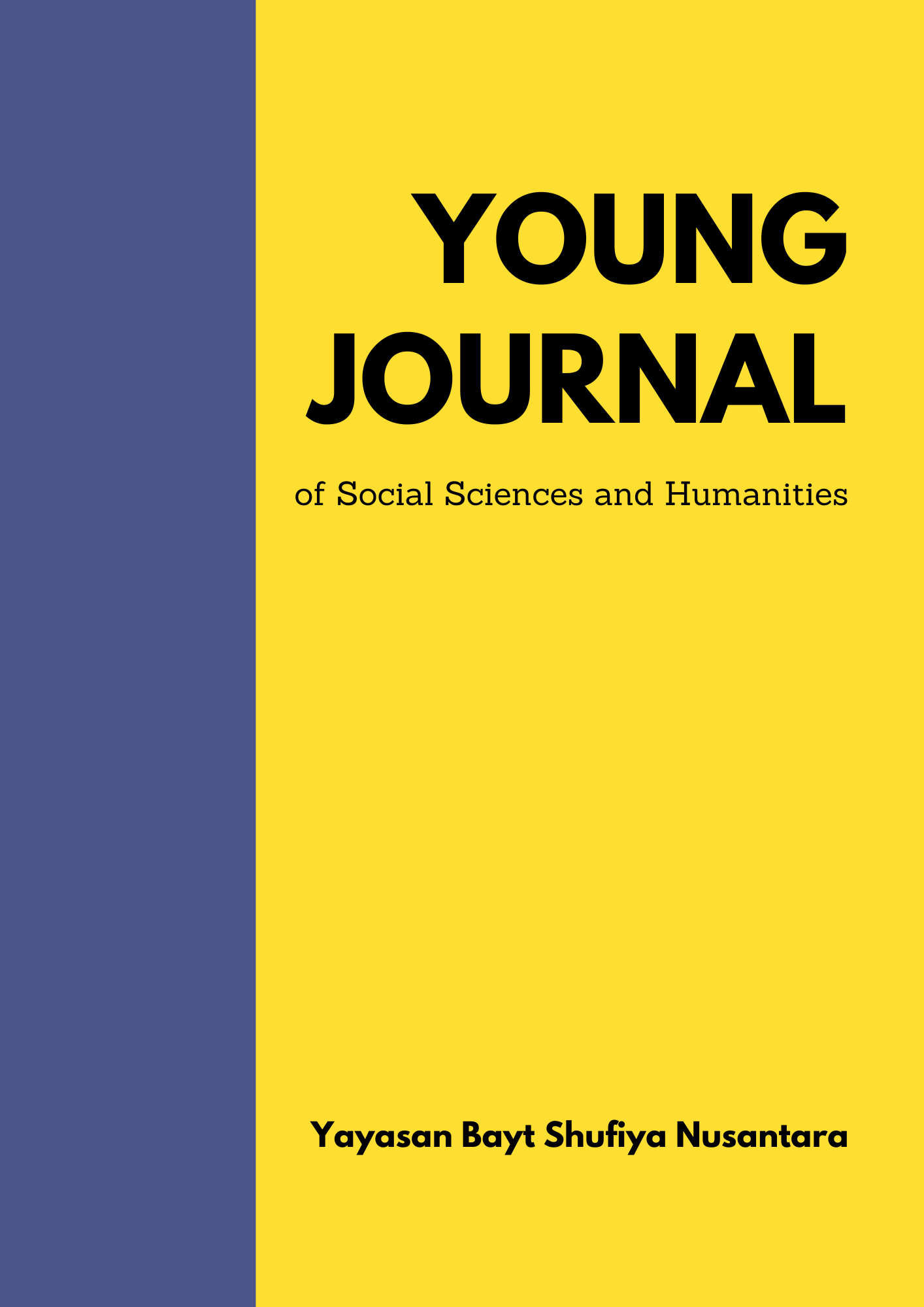Building Children's Spiritual Foundations: A Study on the Implementation of Islamic Religious Education in Muslim Families
Keywords:
Islamic Education, Muslim Family, Children's SpritualityAbstract
This study aims to examine the implementation of Islamic religious education within Muslim families as a foundation for the development of children's spirituality. Utilizing a qualitative approach with a field study method, the research was conducted in the village of Pringgan Paya Pasir Marelan. Data were collected through observation, in-depth interviews, and documentation involving seven randomly selected Muslim families. The findings reveal that Islamic education in the family is implemented through four main aspects: faith (ʿaqīdah), ethics (akhlāq), worship (ʿibādah), and social values, primarily through habituation and parental role modeling. However, the implementation faces several challenges, including limited religious knowledge among parents, reduced family interaction time due to economic demands, and the uncontrolled influence of digital media. These findings highlight the need to strengthen the family’s role in religious education through structural and collaborative support, ensuring that Islamic values are internalized from an early age. This research contributes to the discourse on family-based Islamic education and offers practical implications for nurturing a devout Muslim generation in the modern era.
References
A Rahman, S. N. H., Mohamad, A. M., Hehsan, A., & Ajmain @ Jima’ain, M. T. (2020). Effective Approaches Of The Education Of Children In Forming A Sustainable Family According To Islamic References. UMRAN - International Journal of Islamic and Civilizational Studies, 6(3–2). https://doi.org/10.11113/umran2020.6n3-2.425
Bensaid, B. (2021). An Overview of Muslim Spiritual Parenting. Religions, 12(12), 1057. https://doi.org/10.3390/rel12121057
Dozan, W., & Fitriani, L. (2020). Membangun Karakter Anak Usia Dini Melalui Nilai-Nilai Islam Dalam Tradisi Perang Timbung. Murhum : Jurnal Pendidikan Anak Usia Dini, 1–15. https://doi.org/10.37985/murhum.v1i1.2
Mahmud, S., Habiburrahim, H., ZA, T., Muchlinarwati, M., & Fadli, F. (2024). EDUCATING CHILDREN IN THE TWENTY-FIRST CENTURY: AN INSIGHT FROM MUSLIM FAMILIES. Jurnal Ilmiah Islam Futura, 24(2), 329. https://doi.org/10.22373/jiif.v24i2.19827
Makhshun, T. (2020). PENDIDIKAN ISLAM PERSPEKTIF AL-QURAN SURAT LUQMAN AYAT 13-17 DAN IMPLIKASINYA PADA PENDIDIKAN KELUARGA. Al-Fikri: Jurnal Studi Dan Penelitian Pendidikan Islam, 3(2), 65. https://doi.org/10.30659/jspi.v3i2.15607
Oktavia, L., Muchtar, A., Zainuri, A., & Sandi, A. (2020). Metode Pendidikan Anak Dalam Keluarga: Sebuah Perspektif Al-Qur’an Surat Luqman. AL-WIJDÃN Journal of Islamic Education Studies, 5(2), 148–166. https://doi.org/10.58788/alwijdn.v5i2.458
Risnawati, A., & Priyantoro, D. E. (2024). Pentingnya Penanaman Nilai-Nilai Agama Pada Pendidikan Anak Usia Dini Dalam Perspektif Al-Quran. As-Sibyan: Jurnal Pendidikan Anak Usia Dini, 6(1 SE-Articles), 1–16. https://doi.org/10.32678/assibyan.v6i1.9929
Zubairi Muzakki, & Nurdin, N. (2022). Formation of Student Character in Islamic Religious Education. EDUKASIA: Jurnal Pendidikan Dan Pembelajaran, 3(3), 937–948. https://doi.org/10.62775/edukasia.v3i3.219
Zulfikar, T., & Emawati, E. (2020). Islamic Education and Religiosity: Voices of the Indonesian Muslim Communities in Australia. Ulumuna, 24(1), 24–56. https://doi.org/10.20414/ujis.v24i1.388
Downloads
Published
How to Cite
Issue
Section
License
Copyright (c) 2024 Nadia Fitria Utami

This work is licensed under a Creative Commons Attribution-ShareAlike 4.0 International License.














